The content of the article
Almost everyone faced such an unpleasant phenomenon as diarrhea in a child. What is a pathology? This is a frequent release of liquid feces. There are many reasons for the pathology, the most important thing is not to let everything go by its own accord, but to take adequate measures. Otherwise, diarrhea can lead to undesirable complications and a significant deterioration in the well-being of the baby.
In this article, we will consider what can be done if the baby has diarrhea, what treatment methods exist.
Causes
The reasons often depend on how old your baby is. In infants, diarrhea is quite common, and the pathology may be due to the following factors:
- teething;
- gastrointestinal tract formation;
- lactose or enzyme deficiency;
- feeding with an artificial mixture, or incorrectly introduced complementary foods;
Also, the cause may be a reaction to the mother’s milk: if she does not follow the diet prescribed by the doctor, diarrhea can begin in the baby.
You can also highlight the causes of diarrhea that are found in young children, regardless of age:
- problems with the nervous system, stress;
- food poisoning - if the child ate poor-quality food;
- excessive consumption of vegetables and fruits - almost all of them have a laxative effect;
- disorder after antibiotic therapy;
- lack of hygiene: the child eats with dirty hands, does not wash fruits;
- with frequent overeating, diarrhea also occurs.
Diarrhea can also be a symptom of a serious illness. In this case, you must consult a doctor as soon as possible, since standard methods will not save you from diarrhea - you need to diagnose the disease and conduct adequate treatment.
So, diarrhea can be a symptom of the following diseases:
- allergic reactions;
- various infections;
- diseases of the gastrointestinal tract;
- mucosal inflammation;
- hemorrhoids;
- oncological diseases;
- dysbiosis;
- worms;
- Crohn's disease.
Panic ahead of time is not worth it - most often, diarrhea is the result of poor hygiene or poor nutrition. However, you should consult a doctor in order to know for sure that your baby does not have serious health problems.
Important: There is such a pathology as a bear disease. It can be caused by a stressful situation - for example, if a child is nervous before going to kindergarten, or during stress associated with an unhealthy situation in the family. In such cases, the child needs to drink soothing herbs, since this problem is psychological.
Varieties
It all depends on the flow mechanism, as well as the reasons. Consider them carefully.
- Infectious diarrhea. In this case, the causative agent is an infectious disease. Up to 2 years, children often suffer from such phenomena, especially in the winter. The incubation period lasts about 2-3 days, after which the baby may develop vomiting, accompanied by diarrhea. Ultimately, the disease ends with high body temperature, severe headache and general weakness. The duration of the disease is about 7 days.
- Alimentary. The reason is the poor nutrition of the baby. If he has a very poor diet, there are few vitamins in his food, and the eating regimen is disturbed - diarrhea can occur. Another reason why the baby can suffer from intestinal upsets is an allergy to food or drugs.
- Dyspeptic. It arises as a result of disruption of digestion processes. The cause may be secretory insufficiency of the digestive tract.
- Toxic. Diarrhea occurs as a result of poisoning by certain substances - for example, mercury, arsenic, etc.
- Medication. With prolonged antibiotic treatment in a child, intestinal microflora can be disturbed, resulting in diarrhea. Dysbiosis may occur.
- Neurogenic. About it was said above - arises due to frequent stresses, suppressed fears and experiences. Called a bear disease.
An intestinal upset can occur in acute or chronic form. If diarrhea lasts more than three weeks, this means that the pathology has already become chronic. It is necessary to take measures as soon as possible, since diarrhea always leads to dehydration, and this is fraught with unpleasant consequences for the baby.
Diagnostic measures
In order to confirm or exclude the presence of diseases that cause diarrhea, the specialist in any case will appoint the child to undergo diagnostic measures. They may be as follows:
- X-ray examination - it is necessary in order to study the speed of movement of certain substances through the colon, which are introduced artificially.
- Blood is a mandatory general analysis, and if there is a need to identify specific ailments, then biochemistry is prescribed.
- ultrasound examination of the abdominal organs;
- fecal analysis - for dysbiosis or helminths;
- coprogram;
- back sowing;
- sigmoidoscopy.
The pediatrician selects the diagnostic technique based on general data, such as the nature of the bowel movement, general condition, complaints. Only after passing the studies, based on the results of the analysis, can therapy be prescribed.
Treatment methods
It is necessary to start therapy as soon as possible in order to prevent complications that diarrhea can provoke. Naturally, if the disease is serious, it relates to internal causes, you need to urgently contact a doctor. The external causes of diarrhea must be eliminated and therapy should be carried out in order to remove toxins from the body and improve bowel function.
First of all, the baby needs to be given something from saline solutions. These include Oralit, Regidron, Gastrolit. They also give glucose solution, this is necessary in order to avoid dehydration.
If diarrhea is accompanied by a temperature, in this case, the baby needs to be given a medicine, in which paracetamol is present. Children under one year of age are prescribed suppositories due to the fact that they are not able to take a pill or capsule.
Do not neglect sorbents. They effectively bind and remove toxins from the body, due to which the condition of the child will noticeably improve. Sorbents include white coal, Smecta, Polysorb, Enterosgel, etc.
Specialists with diarrhea prescribe symptomatic drugs - these include Bismuth, Imodium, Calcium carbonate.
If the cause becomes a serious ailment, in this case the patient needs hospitalization. It is necessary to call a doctor as soon as possible, and he will develop a further plan of action, depending on the overall well-being of the small patient.
Therapy depending on the type of disease:
- Dysbacteriosis In this case, crumbs it is important to take drugs that will restore the intestinal microflora. Such medicines include Linex, Enterol, Acipol, Bificol. You will also need to drink a course of probiotics, as well as bacteriophages.
- Bowel infection. In such situations, you need to resort to antibiotics. Among the most effective are Nergam, Nevigramon, Kanamycin, Tienam, Ciprofloxacin, etc. Parents should not miss an important point - they cannot prescribe antibiotics on their own, since this can only aggravate the situation.The doctor prescribes therapy, depending on the type of infection, the degree of its neglect.
- Lack of enzymes. If the child’s body lacks enzymes, it also provokes diarrhea. In such cases, use Panzinorm, Festal, Mezim, Pancreatin, etc.
If diarrhea is accompanied by severe pain, in such a case, the child can be given antispasmodics - Drotaverin, Spasmomen, etc.
Traditional medicine
If the child’s diarrhea is not accompanied by serious symptoms, which may indicate the presence of dangerous pathologies, in this case, you can resort to alternative methods of treatment. All of them have been tried and tested by millions of people.
So, if a child has very frequent diarrhea, then this can lead to dehydration. In order to avoid it, the parent needs to prepare a special solution (like Regidron):
- 1 liter of water;
- 2 tbsp Sahara;
- 1 tsp salts;
- 1 tsp soda.
The baby should be drunk every 15 minutes, at least in small sips.
Consider popular, safe, and highly effective recipes to help stop diarrhea:
- Rice broth. With its help, you can get rid of excessive gas formation, eliminate stomach cramps, and also stop diarrhea. Cook as follows: put 40 grams of rice in half a liter of water, simmer for about 50 minutes. After the specified time, the resulting broth needs to be drained into a glass, cool. Give the child 2 tbsp. every 2 hours. Naturally, if the baby is very small, the portion should be reduced.
- Garnet. Do not use for infants. Preparing the medicine is easy - you need to take a spoonful of peels of this fruit, pour a glass of boiling water. After cover with a clean cloth and hide in a dark place for 3-4 hours. Drink 30 grams 3 times a day. It is important to consider that with the use of this infusion, diarrhea cannot be treated for more than 2 days.
- Walnut leaves It will take one leaf and 200 ml of boiling water. Give infuse for 10-20 minutes, after which you can give the patient. The product must be prepared immediately before use.
- Potato starch. It is necessary to make a solution from it - 1 tsp. starch and 1 tbsp cold water are thoroughly mixed, after which the solution should be given to the child to drink.
- Bird cherry. It is also a very effective tool. It will take 5 berries of bird cherry and 300 grams of water - all this needs to be boiled over low heat for about 30 minutes. After cooling, drain - the resulting liquid will save from diarrhea.
- Coil Root The composition contains tannins - they provide the fixing effect. It is noteworthy that the fact that the coil root is completely safe for infants is not proven, therefore, use the product with caution. The plant is not toxic. The broth is prepared as follows: the root must be ground on a grater. After taking a teaspoon of the root, pour water - 200 ml will be enough. Next, bring the mixture to a boil, then immediately remove the heat and leave to brew.
- Hemophilus root. It will take 1 tbsp. crushed root, pour 200 ml. water. Simmer the mixture for about 25 minutes. Leave to brew for another 20 minutes. After you need to strain the resulting broth. Give your child a drink 15 before eating. It is noteworthy that this decoction must be taken even after improving the general condition.
- Bananas If you chop the unripe fruits into a thick porridge, they can help eliminate intestinal upset. It can be used for children of any age - if the parents are sure that the crumbs do not have individual intolerance to this product.
- Potassium permanganate. You can give the baby a weak solution - it eliminates intoxication, and also stops diarrhea. The only thing is potassium permanganate can provoke a gag reflex, therefore, it must be given with caution.
What diet should be followed for diarrhea?
Parents should know how to properly feed their baby so that no relapse occurs. Many products tend to provoke a breakdown in stool, so they should be excluded from the diet. These foods include fiber-rich foods. It is also necessary to exclude products that contain a large number of simple carbohydrates - they cause fermentation in the intestines. Also, the baby will have to abandon his favorite treats - ice cream and milk chocolate. In addition to the fact that such food can trigger an attack of diarrhea, it is harmful.
You can eat:
- dried wheat bread;
- light soups on the secondary broth;
- boiled eggs;
- lean fish and meat;
- cottage cheese without various additives;
- all kinds of cereals boiled in water.
It is forbidden to eat:
- rich soups in fatty broth;
- fresh vegetables;
- fast food;
- pickles and smoked products;
- milk products;
- soda;
- cakes, chocolates.
Possible complications
From the timeliness of applying for qualified help directly depends on whether the baby will be hospitalized. If diarrhea occurs as a result of external factors, it will not threaten health. When diarrhea is the result of any disease - it is fraught with the health of the baby.
If you do not consult a doctor in a timely manner and do not start treatment, then this may result in the following complications:
- cramps - they often appear as a result of dehydration;
- upset stomach in chronic form;
- dysbiosis, as a result - proctosigmoiditis, dermatitis, asthma;
- dysentery, as a result - pericolitis, arthritis, intestinal bleeding, anemia, etc.
Dehydration - the body loses a large amount of fluid, potassium and magnesium are washed out with it, and these substances are vital for the normal development of the child's body.
If diarrhea persists for a long time, it will be very difficult to treat its effects. That is why all pediatricians argue that it is necessary to conduct therapy in a timely manner in order not to harm the health of the child and prevent the pathology from developing into a chronic form.
Preventative measures
Each parent should be aware that preventive measures are necessary - in order to avoid diarrhea:
- the baby must follow the rules of hygiene;
- products of animal origin to give the baby only in heat-treated form;
- fruits and vegetables must be washed.
If the baby is breastfed - in this case, the mother must follow a diet.
If you follow all the above simple rules - you can prevent diarrhea due to external factors. If diarrhea is accompanied by other symptoms, the baby must be taken to the pediatrician. Only a qualified doctor, after passing all the examinations, will be able to establish the exact cause of diarrhea in the baby, as well as prescribe adequate treatment.
Video: fever with diarrhea and vomiting: what to do?

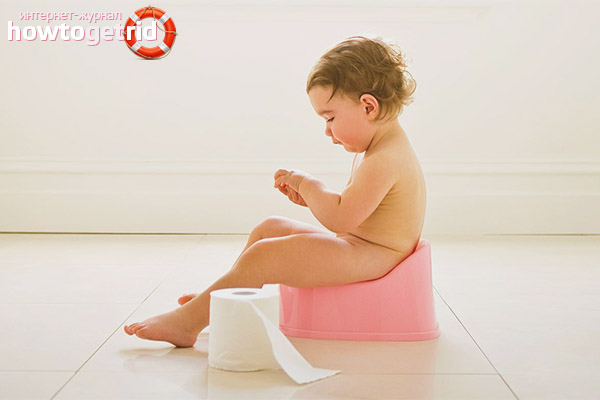
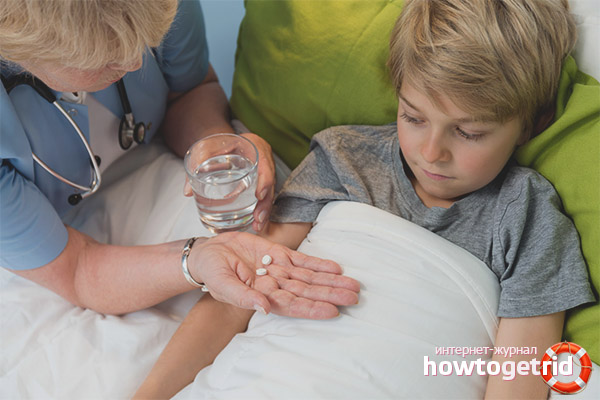
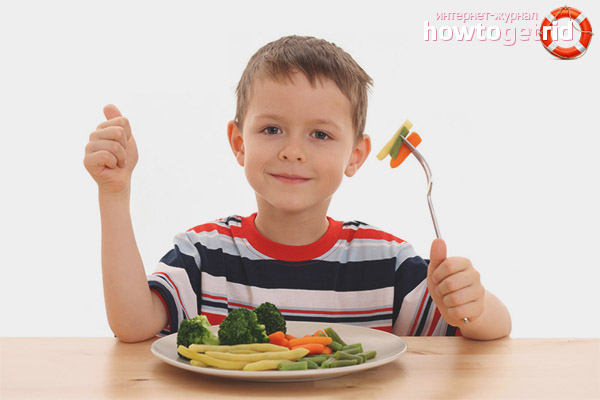
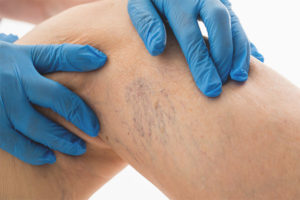
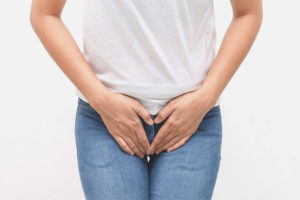
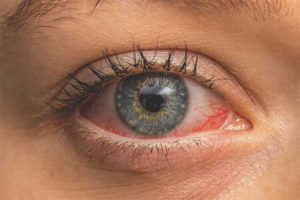

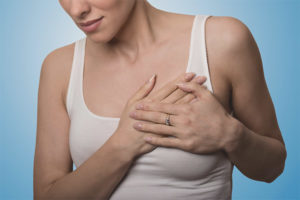
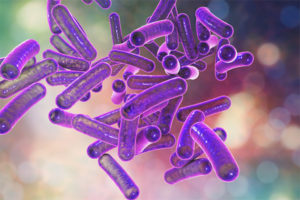
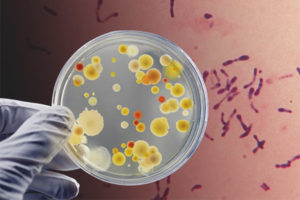

Submit